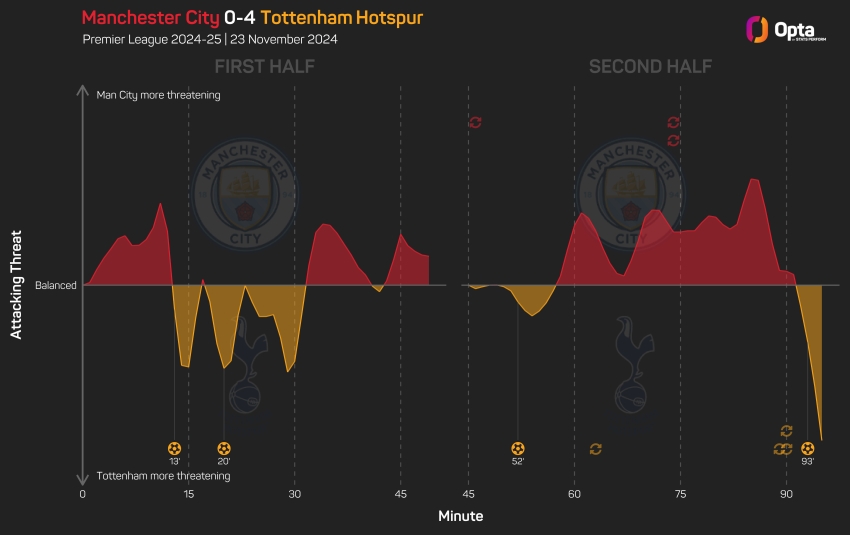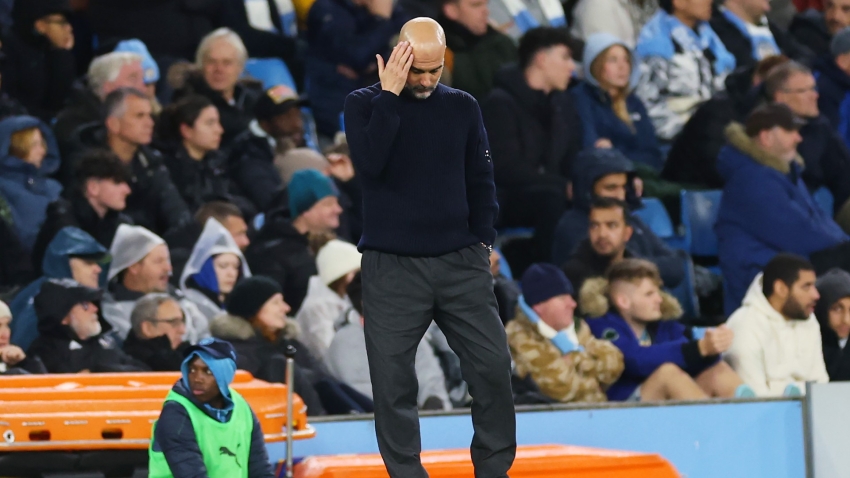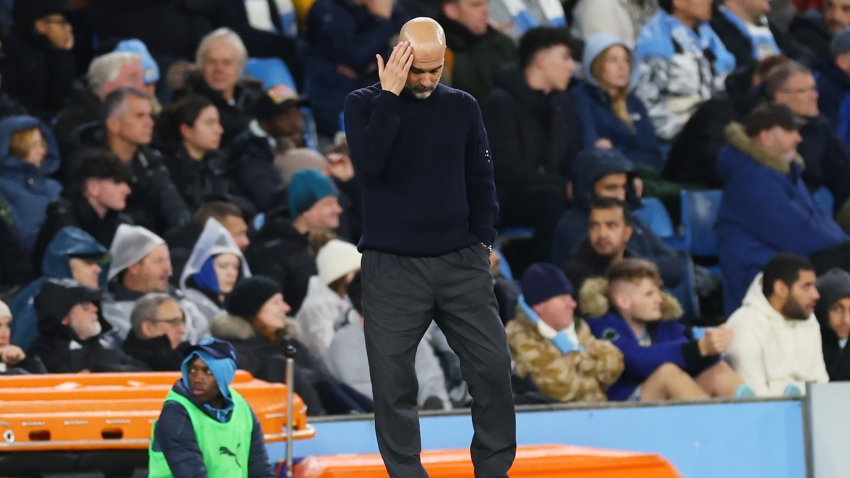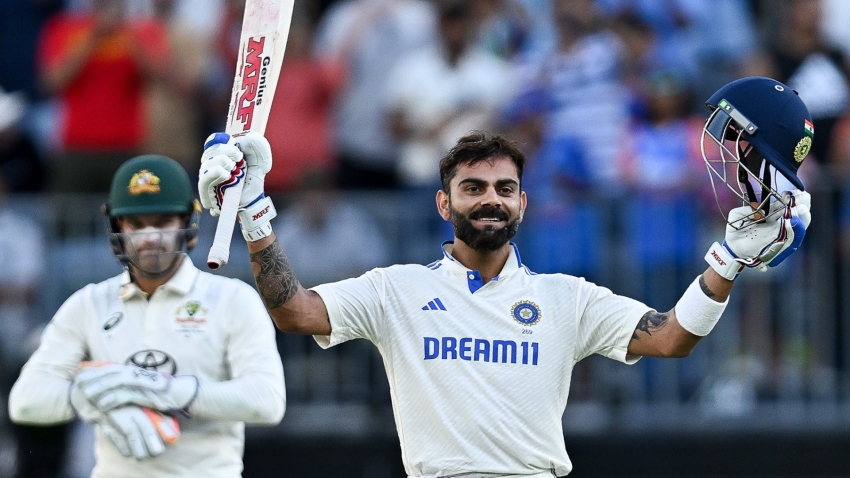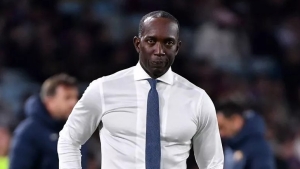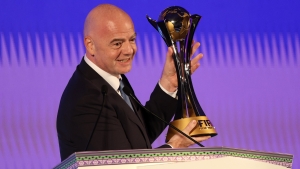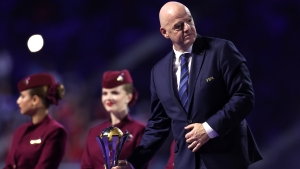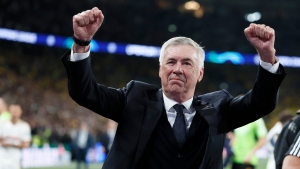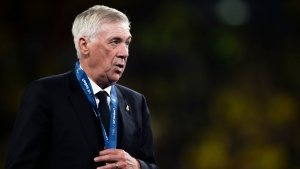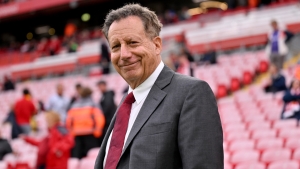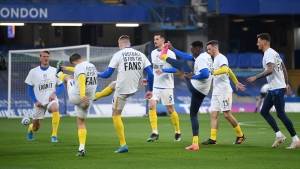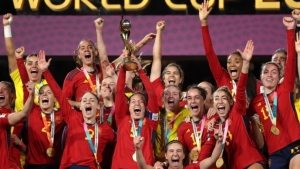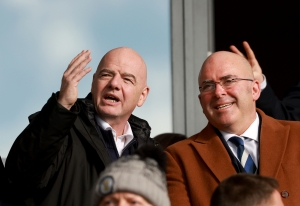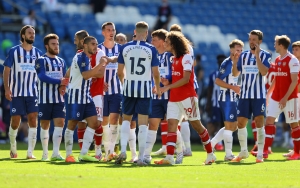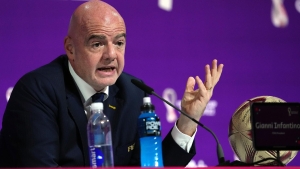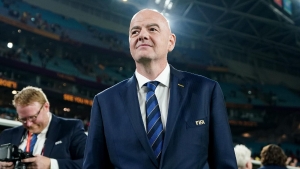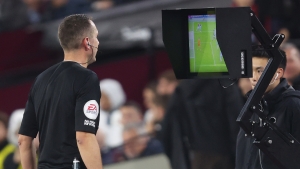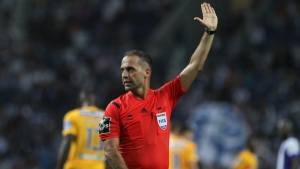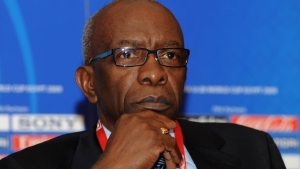FIFA president Gianni Infantino has emphatically ruled out the prospect of blue cards playing any part in a future sin bin trial.
The cards were set to be the signal which would be used by referees to show that a player had been temporarily dismissed in sin bin trial protocols which were due for publication on February 9, and had been signed off at a board meeting of the game’s lawmaking body, the International Football Association Board, earlier that week.
However, when reports about blue cards circulated on February 8 they received a largely negative reaction, and the IFAB pulled the plug on the day scheduled for publication, citing the need for further talks at the organisation’s annual general meeting this weekend.
On the eve of Saturday’s meeting in Loch Lomond, Infantino said: “There will not be any blue cards used at elite level. This is a topic that is non-existent for us.
“FIFA is completely opposed to blue cards. I was not aware of this topic. I’m the president of FIFA, and I think FIFA has a say in the IFAB. So, I don’t know if you want the title, ‘It’s red card to the blue card’!
“Every proposal and every idea has to be treated with respect, of course. But, once you look at it, you also have to protect the game, the essence of the game, the tradition of the game, and there is no blue card.”
The introduction of a blue card at the level initially envisaged in the trial would have been the biggest single change in the management of player discipline since the introduction of red and yellow cards at the 1970 World Cup.
It is understood the trial itself will continue to be developed, but it is expected it will now take place at a much lower footballing level than was anticipated by the original February 9 protocol, which was set to encourage applications from all but the very top-level competitions.
The Football Association, one of the five bodies which makes up the IFAB, had been understood to have been interested in running a trial in the men’s and women’s FA Cups in the future, before the furore around blue cards.
The trial will also require a new signal to be used instead of the blue card. In grassroots football, referees show a yellow card and point to the touchline.
There are also set to be further talks on Saturday about whether any sin bin trial should include tactical fouls, as well as dissent. Also under the original protocol, all players on the pitch, including goalkeepers, could be temporarily dismissed.
Sin bin trials were one of four protocols set for publication last month before the blue card story broke.
The IFAB is also seeking to trial allowing referees the option of creating a ‘captain-only zone’ around them when they feel threatened or intimidated, and a trial where referees can send teams to their respective penalty areas to cool off in the event of mass confrontations.
All of these, including the sin bin protocols, are ultimately intended to improve player behaviour at higher levels, something Infantino has said is essential to set the right example to young players and ensure people still feel safe, and encouraged, to be referees.
Another trial that had been set for publication on February 9 concerned how long goalkeepers can handle the ball, and how play should restart when they hold on too long.
Currently keepers can hold on for six seconds and anything over that is supposed to be penalised with an indirect free-kick, but lawmakers are concerned this is not being properly enforced which is why a trial has been developed.
The management of head injuries is also on the AGM agenda.
The World Leagues Forum and world players’ union FIFPRO have again written to the IFAB asking for permission to trial temporary concussion substitutes, something which was again rejected at last year’s AGM in London.
The player union and domestic league in Scotland, this year’s host nation for the AGM, are among those seeking the right to conduct such a trial.
“From our perspective, we have a responsibility to those former players who are sadly living with dementia,” PFA Scotland chief executive Fraser Wishart said.
“But we also have to take responsibility as a game – whether it’s the unions, leagues, the government bodies – for current players and future players, to minimise the chances, as much as we possibly can, of players getting dementia. We’re involved in this initiative because we do feel that temporary concussion subs are the next step forward.”
Trials of permanent concussion substitutes were first approved by the IFAB in December 2020.









